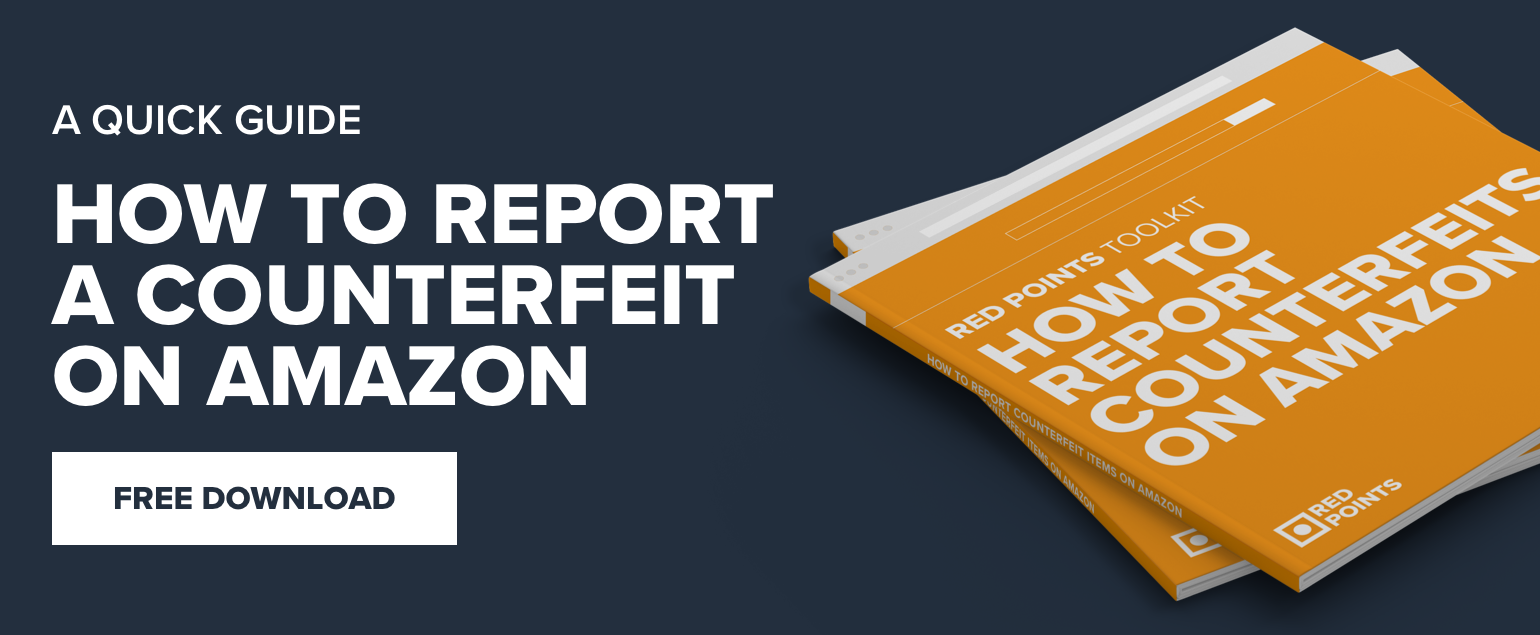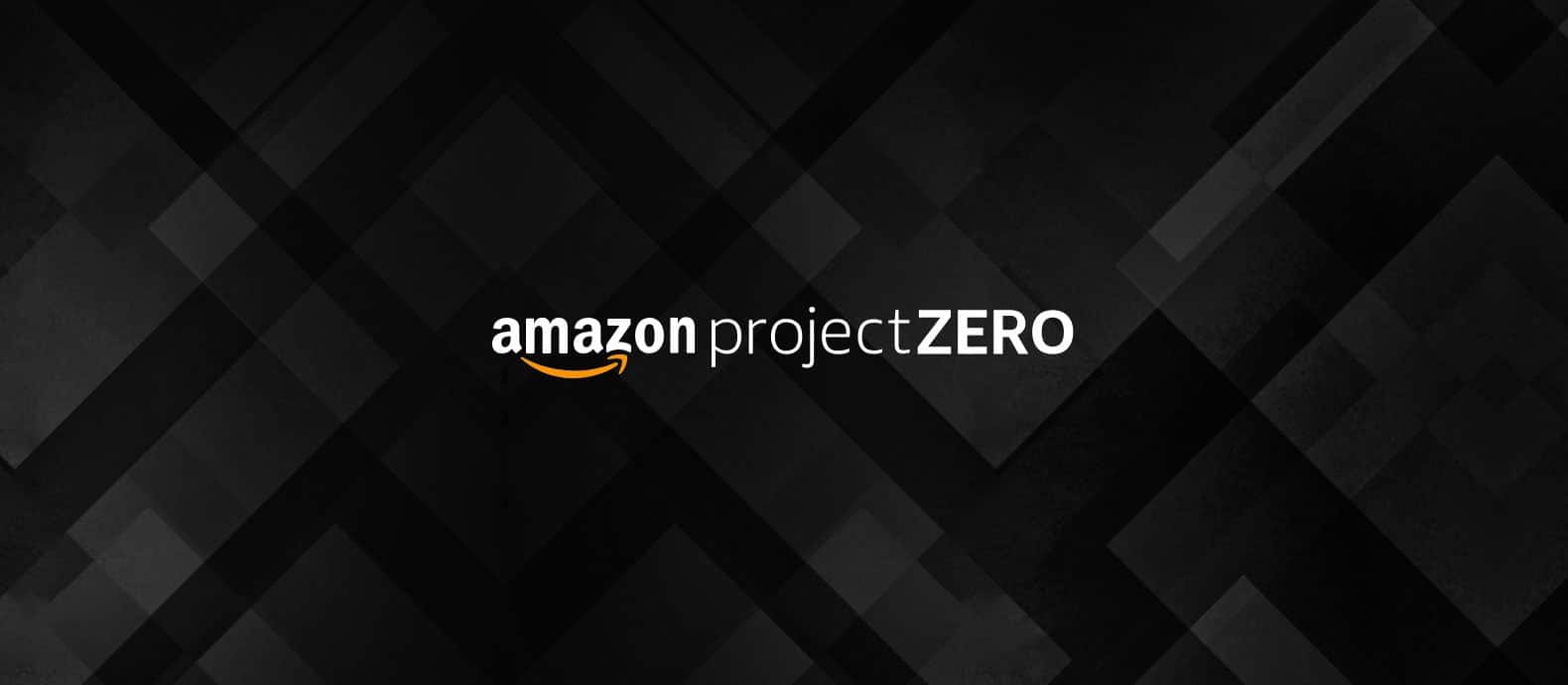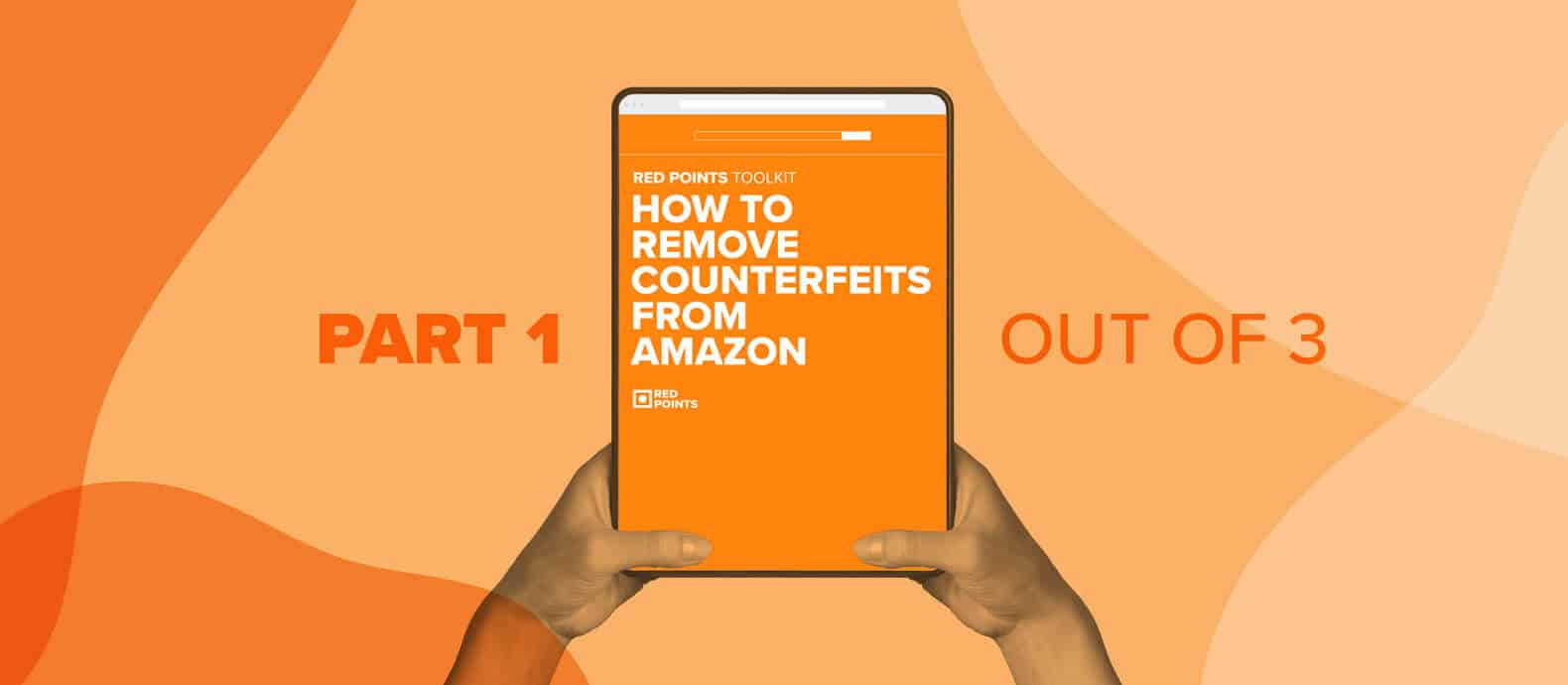Amazon recently released its newest product, named Project Zero. This article outlines this new initiative and what it means for brands selling on Amazon.
Summary
- Amazon hits back at IP thieves, offering brands powerful new anti-counterfeiting tools with Amazon Project Zero
- Tools include automated protections, self-service counterfeit removal and product serialization.
- Sign-up is limited for the moment but is expected to allow more brands to participate as time goes on.
What is Amazon Project Zero?
Amazon Project Zero (APZ) is the ecommerce giant’s newest and most ambitious response to online counterfeiting. It provides three potential benefits to participating brands: automated IP protection and self-service counterfeit removal, both offered for free, and product serialization, available as an optional paid-for feature.
Automated Protections
This key feature of Project Zero turns the work of brand protection from a reactive to a proactive task by continually scanning listings on Amazon’s online marketplaces and removing detected fakes. It uses the gigantic, cutting-edge cloud computing servers at Amazon Web Services (AWS) to power the machine-learning features of automated protections. These features are fed important details about a brand and its products, including trademarked names and logos.
Self-Service Counterfeit Removal
With self-service counterfeit removal, Amazon is handing over the ability (and the responsibility) of removing fake products from Amazon to brands themselves. This means removing fake products without waiting for Amazon’s approval. This facet of Project Zero is expected to massively speed up the process of removing fakes from the platform.
Anti-counterfeiting on online marketplaces currently works by brands or brand protection specialists finding the counterfeits themselves and flagging them to Amazon. Amazon then takes the case to a review process and judges whether or not the product is indeed counterfeit. If the claim is accepted, the defending seller has a few days to respond to the claim before the infringing product is removed. But with this new feature, Amazon’s involvement with the anti-counterfeiting procedure essentially drops to zero.
Once listings are removed successfully, the information will feed back into the machine-learning features used in Automated Protections to further develop its algorithms.
Product Serialization
This final feature allows Amazon brands to apply a unique code to each product they sell. When these products are purchased, the code is scanned, allowing Amazon to check authenticity one final time before shipping the product to the customer.
This feature is not free, however. Brands adopting the product serialization will pay Amazon an amount of $0.01 to $0.05 per item. That said, brands currently fighting against counterfeiting will be well aware of the negative impacts caused by fake products. With experiences such as those, a few cents per product will be a price worth paying to keep illegitimate third parties from infringing on intellectual property.
However, this final feature is totally optional. Brands uninterested in the product serialization feature may instead choose to apply the other features.
APZ is a welcome step for brands, but not a full solution
Amazon Project Zero gives brands an extremely useful tool in the fight against online counterfeiting. However, it is not a complete solution, even for dealing with fakes on Amazon’s online marketplaces.
“I personally believe that Amazon Project Zero will be a hugely useful tool to complement a company’s brand protection strategy. However, counterfeiters are a resourceful and agile group, and we find that they are able to respond to new challenges to their illicit business relatively quickly. In our experience, when policing methods improve, counterfeiters will migrate their sales and marketing operations to other platforms. It is therefore critical for businesses to have full visibility of their brand presence across all channels and online locations.”
Laura Urquizu, CEO at Red Points
Due to the power that these new features give to sellers within Project Zero, Amazon has stated that “brands must maintain a high bar for accuracy in order to maintain their Project Zero privileges”. This means brands signing up to Project Zero will have to undergo training to be able to use the features. This is likely to be a wise caveat – though counterfeit products are extremely prolific, it’s important that these powerful new technological features are only used to fight fakes, rather than legitimate, non-infringing sellers.
Amazon has been at war with counterfeiters in recent years. Red Points’ market research has surveyed thousands of consumers of a number of industries. Those that had purchased a fake product in the past, either by intentionally seeking fakes or by being tricked by a particularly sneaky counterfeiter, commonly highlighted Amazon as a source for fakes, including:
- 68% of sex toys
- 26% of consumer electronics
- 23% of sportswear
- 43% of baby products
Though, Amazon is far from being the only online marketplace affected by fake products on its platform. eBay has been notorious for the fakes on its platform for years, and sites within Alibaba Group, including AliExpress, Alibaba, and Taobao each cause headaches for brand protection specialists. Social media platforms have also become hotbeds for promoting fake products, and counterfeiters have even started trawling through crowdfunding sites like Kickstarter to find opportunities to rip off brands before they even get off the ground.
How can brands sign up?
For the moment, Project Zero is invite-only. Amazon currently seems to be rolling out the initiative slowly, trialling it with a select few brands to begin with, before opening the doors to a greater number of companies.
A small number of brands were announced as having signed up when APZ launched, including:
- ChomChom Roller
- Kenu
- Thunderworks
- Vera Bradley
To become a member, brands must sign up to the waitlist. No announcement has been made as to when new applicants will be accepted, nor how many are expected to receive invites to APZ.
To be considered as an applicant to Project Zero, brands must already be enrolled in Amazon’s Brand Registry, a service that enhances the ability of trademark holders on Amazon to protect their IP. It also offers other benefits, including accelerated approval of ads, greater control and customization of a product’s Amazon listing, and access to other technological features like advanced text and image searches.
Aside from membership to Brand Registry, the only other qualifier to joining Project Zero is that the brand must have active, registered trademarks.






